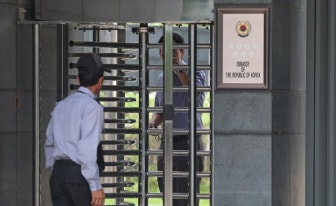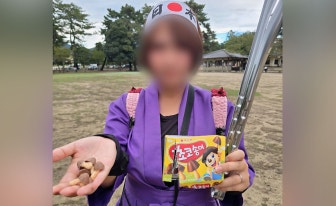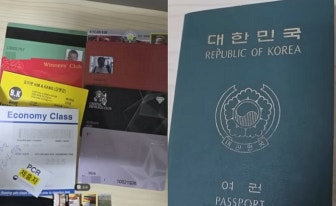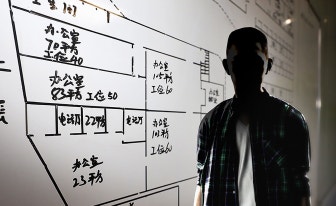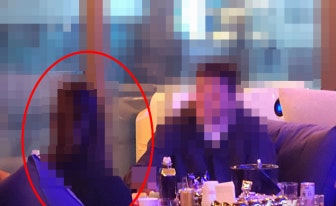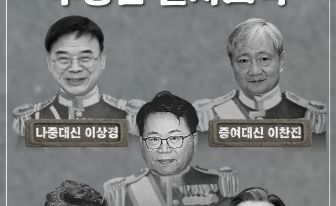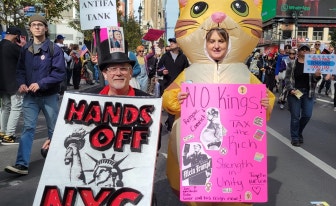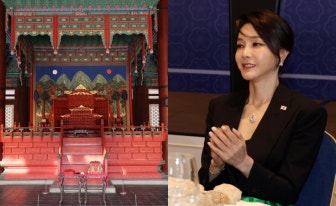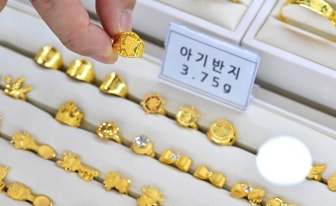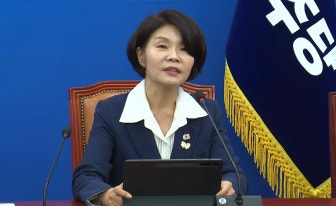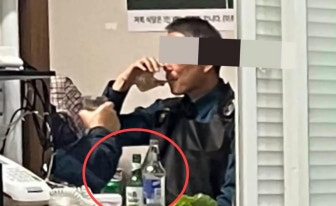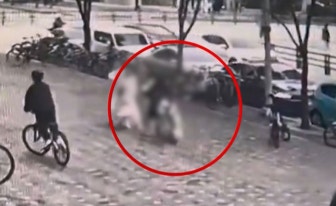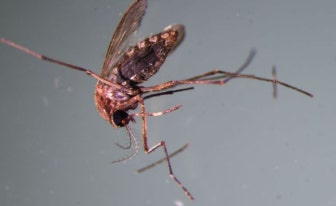Kim Dong-ryul
The author is a professor at Sogang University.
When I first arrived in Seoul for university, the city’s streets were filled with signs I had never seen before. Schwabing, Copacabana, Acapulco, Okavango — each evoked an exotic world I could only imagine. Near the entrance to Insa-dong stood a café barely large enough for two people, called Tirol. Yet I didn’t know what any of these names meant. Today, a simple question to AI would solve the mystery. But in the 1980s, there was no such help. The only one I recognized was Schwabing, a district in Munich.
For Koreans, “Schwabing” is inseparable from Jeon Hye-rin (1934–1965), a Korean essayist and translator known for her introspective prose. It was where Rainer Maria Rilke wrote poetry, Kandinsky and Klee painted, and Thomas Mann often walked. But for me, it existed through Jeon’s book “And Then There Was No Word” (1966). The title was so beautiful I carried the book everywhere, tucked under my arm as if it held the secret to adulthood.
Decades later, travel abroad has become as easy as a walk to the neighborhood store, and such foreign names no longer sound unfamiliar. I learned that Copacabana is a beach in Brazil, and Acapulco a coastal resort in Mexico. During my studies overseas, I discovered that American college students flocked there for spring-break adventures. Okavango, the oddest of them all, turned out to be a lush delta in Africa — familiar from wildlife documentaries. Tirol, I later realized, is a region in the Alps.
But one name remained a mystery: Bube. I often wondered where it was. In my youth, I wandered into a small bar called Bube, trying to feel its meaning. Only later did I learn it came from the Italian film “La Ragazza di Bube” (1963), about a woman named Mara who waits for her lover Bube, who is imprisoned for murder. Set in a poor village in northern Italy after World War II, the film tells a story of love, flight and long, lonely waiting.
In Korea, the film’s soundtrack became more famous than the movie itself, a late-night radio favorite. The actress who played Mara, Claudia Cardinale (1938–2025), the great Italian star once hailed as a symbol of her era, passed away last month. Bars named “Bube” have vanished from our streets, and with them, an era quietly fades away.
This article was originally written in Korean and translated by a bilingual reporter with the help of generative AI tools. It was then edited by a native English-speaking editor. All AI-assisted translations are reviewed and refined by our newsroom.

![Original poster of the 1963 Italian film “La Ragazza di Bube.” [WIKIPEDIA]](https://imgnews.pstatic.net/image/640/2025/10/22/0000078623_001_20251022000620423.jpg?type=w860)




















